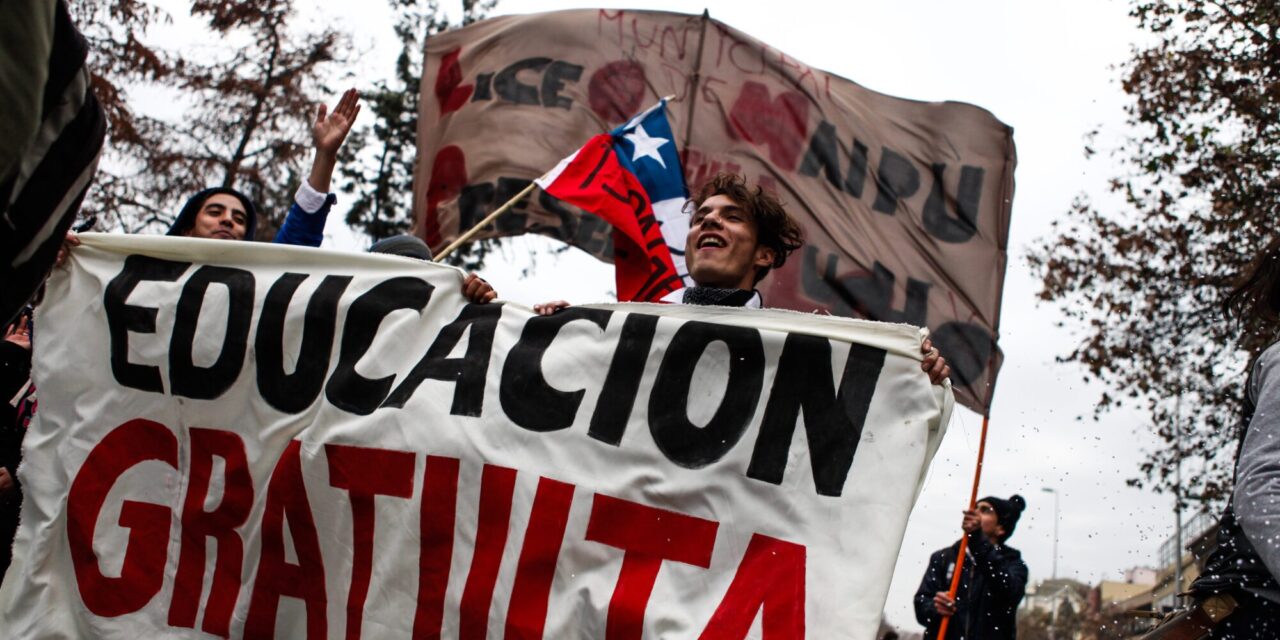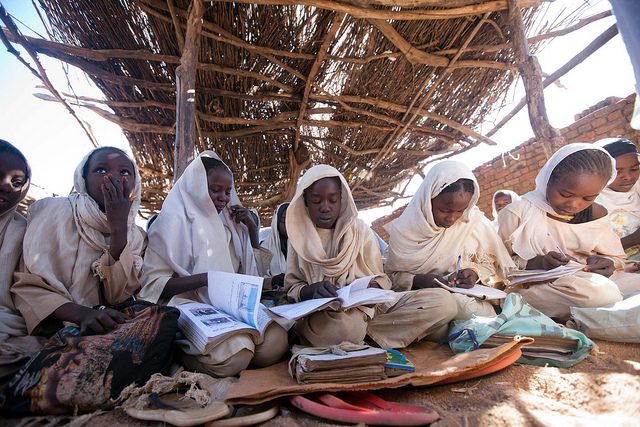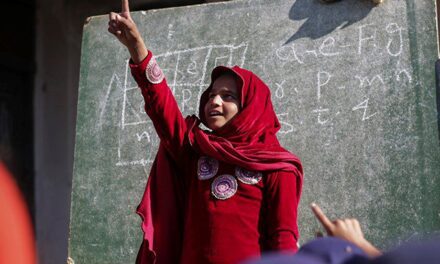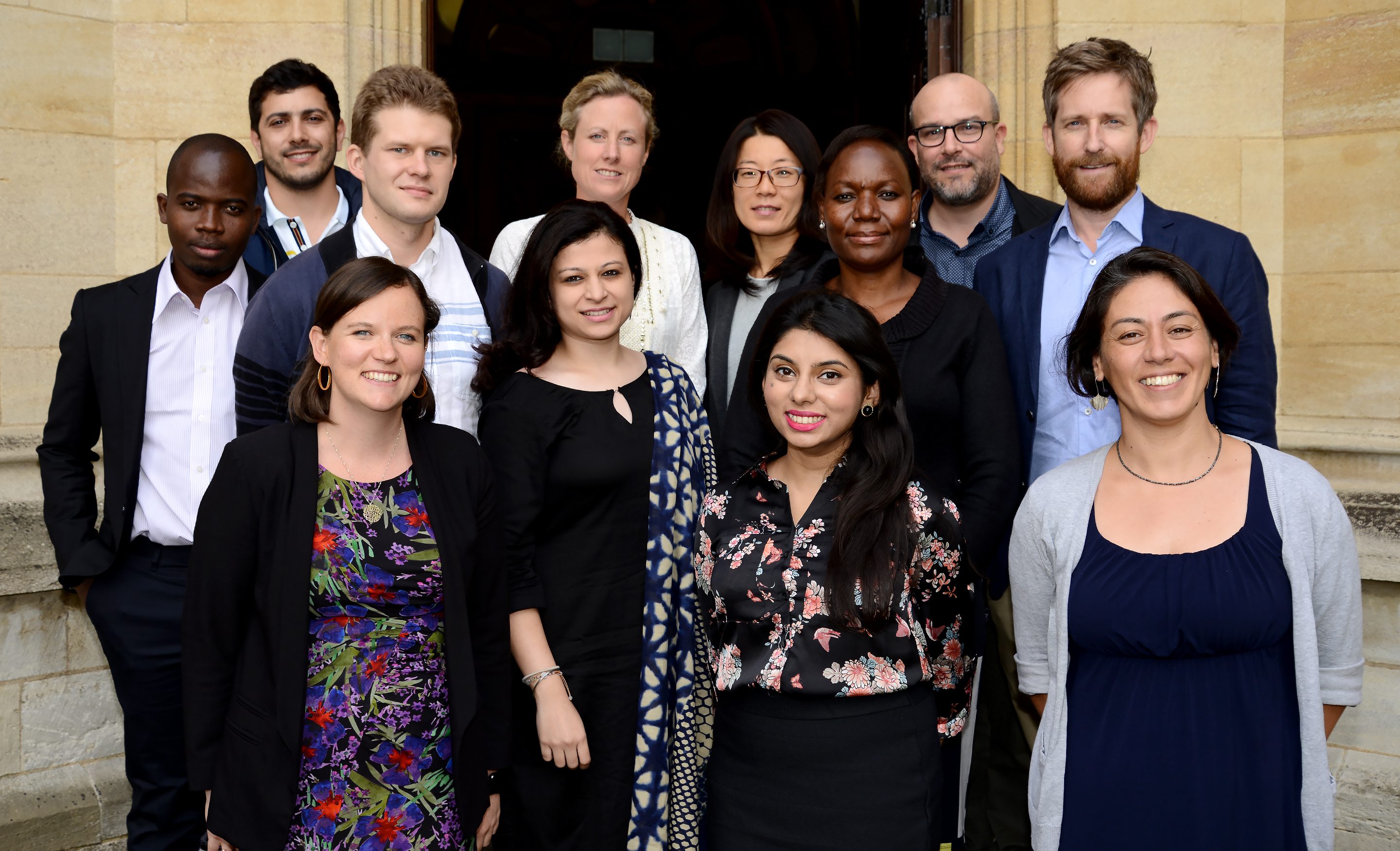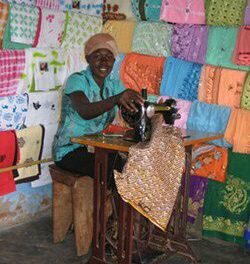
Students gather on the streets of Santiago to protest for free college education and improvements in primaries and high schools. Photo credit: GEM Report/Hugo Infante
Recommendations for action from the World Development Report 2018 and 2017/8 Global Education Monitoring (GEM) Report
Wednesday 24th January 2018 10.30am to 1pm
Friends House, Euston Road, London, NW1 2BJ
Presenters: Deon Filmer and Halsey Rogers, Co-Directors of the World Bank World Development Report 2018 and William C Smith, Senior Policy Analyst from the UNESCO Global Monitoring (GEM) Report.
Panel: A panel of education experts, chaired by Keith Lewin, will respond and ask questions, including Pauline Rose, Director REAL Centre, University of Cambridge, Joseph Nhan-O’Reilly, Head of Education Policy & Advocacy , Save the Children; David Archer, Head of Programme Development for ActionAid; Padmini Iyer, University of Cambridge; Sara Ruto, Director PAL Network and and Lant Pritchett, Harvard’s Kennedy School of Government and Center for Global Development..
Focus: Deon Filmer and Halsey Rogers from the World Bank will open with findings from the World Development Report 2018 and the ‘learning crisis’ diagnosis. The WDR2018 concludes that the best way to equip children and youth for the future is to place learning at the centre. It explores four main themes: 1) education’s promise; 2) the need to shine a light on learning; 3) how to make schools work for learners; and 4) how to make systems work for learning.
William C Smith will present some findings from the 2017/18 Global Education Monitoring (GEM) Report. The focus of this report is on accountability in education and how relevant stakeholders can provide education more effectively, efficiently and equitably. The report examines different mechanisms that are used to hold governments, schools, teachers, parents, the international community and the private sector accountable for inclusive, equitable and quality education.
Presenters of both reports will suggest recommendations for change and how to remedy the learning crisis. They will discuss complementarities of both reports, as well as differences, and be questioned by a panel of education experts, as well as the audience, who will help to keep recommendations focused on building more accountable education systems.
With a limited capacity the meeting is now fully booked, however we will be accepting questions in advance and during the event via Twitter, using #EduCrisis. We will also be recording the presentations to share via our website following the seminar.

